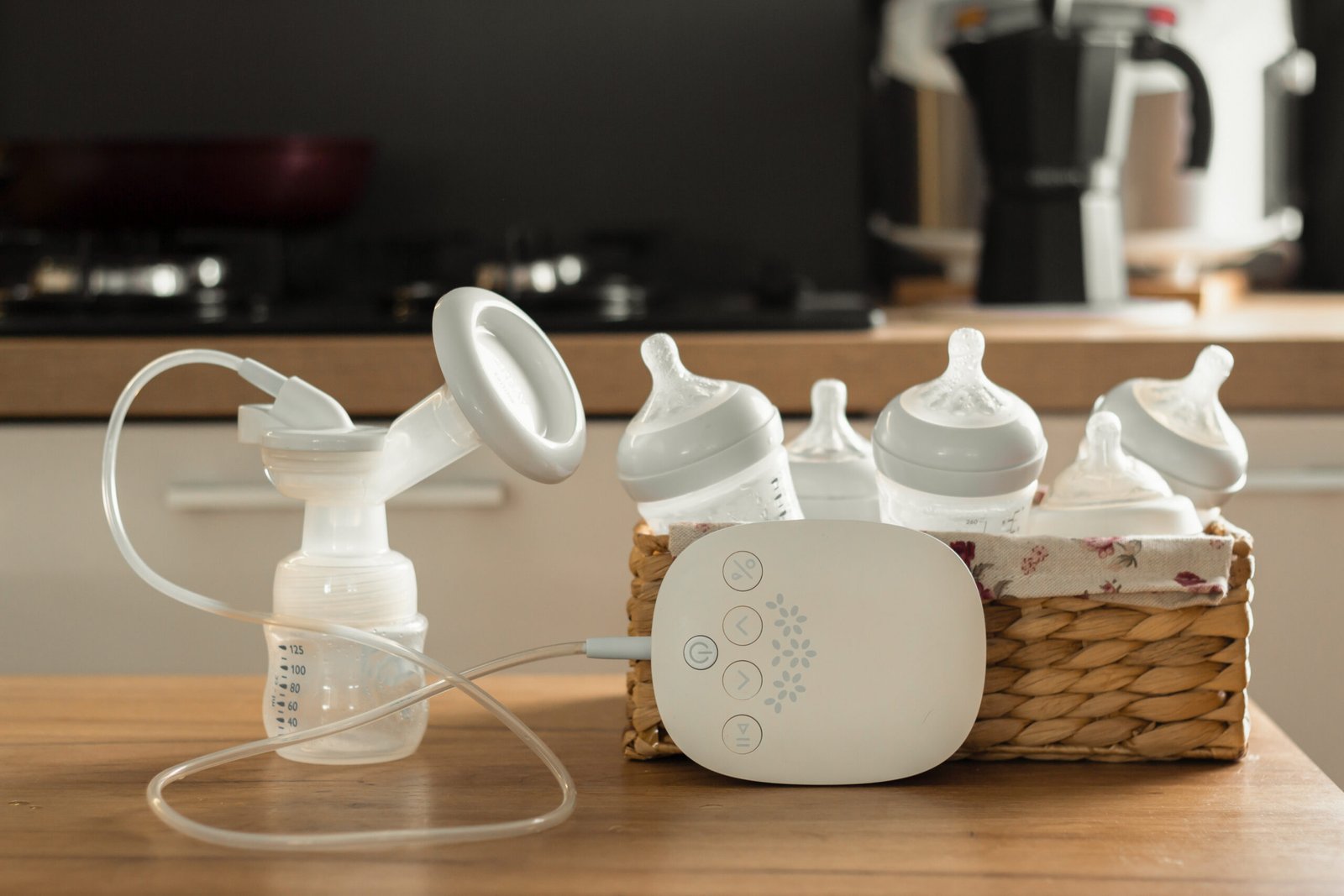The Value of Effective Communication with Your Healthcare Provider


Establishing open and effective communication with your obstetrician or healthcare provider is essential for a healthy pregnancy. Asking the right questions helps you:
1. Understand what to expect during each stage of pregnancy
2. Make informed decisions about your care
3. Address concerns specific to your situation
4. Build a trusting relationship with your healthcare team
5. Feel more confident and prepared for labor and delivery
This comprehensive guide organizes important questions by trimester and topic to help you maximize your prenatal appointments.
First Trimester Questions (Weeks 1-13)
Initial Appointment Questions
About Your Pregnancy
– What is my estimated due date?
– How is my pregnancy dated and calculated?
– How often will I have prenatal appointments throughout my pregnancy?
– What symptoms are normal during the first trimester?
– What symptoms should prompt me to call you immediately?
– How can I best manage morning sickness and fatigue?
– Is spotting normal? When should I be concerned about bleeding?
About Your Health History
– How might my pre-existing health conditions affect my pregnancy?
– Are my current prescription medications safe during pregnancy?
– Should I continue taking my supplements and over-the-counter medications?
– Do I need to adjust my exercise routine?
– Are there any activities I should avoid during pregnancy?
– Based on my health history, am I at higher risk for any pregnancy complications?
About Nutrition and Lifestyle
– What foods should I avoid during pregnancy?
– How much weight should I aim to gain during pregnancy?
– What prenatal vitamins do you recommend?
– Is it safe to consume caffeine? If so, how much?
– How much water should I drink daily?
– Is it safe to exercise? What types of exercise are best?
– Can I continue to work? Are there any workplace hazards I should avoid?
– Is it safe to have sex during pregnancy?
– What sleeping positions are best during early pregnancy?
About Prenatal Testing
– What initial tests will you perform today?
– What genetic screening or diagnostic tests do you recommend based on my age and history?
– What are the risks and benefits of these tests?
– When will these tests be performed?
– How and when will I receive the results?
– What information will these tests provide?
Follow-up First Trimester Appointments
– How is my baby developing?
– Is my weight gain appropriate?
– Are there any concerns based on my test results?
– What changes should I expect in the coming weeks?
– When will I have an ultrasound?
– When might I start to feel the baby move?
Second Trimester Questions (Weeks 14-27)
Routine Care Questions
– How is my baby’s growth progressing?
– Is my weight gain on track?
– What new symptoms might I experience this trimester?
– When will I feel the baby move, and how often should I feel movement?
– What physical changes can I expect in my body?
– How can I manage new symptoms like back pain, round ligament pain, or heartburn?
– Should I be sleeping in a specific position now?
– Can I still travel? Until what point in pregnancy is travel safe?
– Are there any new activity restrictions I should be aware of?
Testing and Monitoring Questions
– What tests are recommended during the second trimester?
– Will I have an anatomy scan ultrasound? When?
– What will the anatomy scan look for?
– Do I need glucose screening for gestational diabetes? When?
– Should I consider additional genetic testing?
– How do we monitor for preeclampsia and other complications?
Preparation Questions
– When should I start childbirth education classes?
– Would you recommend a birth plan? What should it include?
– What are my options for pain management during labor?
– What are the pros and cons of different pain management techniques?
– Should I consider hiring a doula?
– When should I start thinking about pediatrician selection?
– What baby supplies should I start gathering?
Third Trimester Questions (Weeks 28-40+)
Late Pregnancy Care Questions
– How often will I have appointments in this final trimester?
– What tests will be performed during these appointments?
– How is my baby’s growth and position?
– Is my baby in the correct position for delivery?
– What can I do if my baby is breech?
– How can I manage increasing discomfort?
– What can I do to help prepare my body for labor?
– Are there exercises or stretches you recommend?
– How can I improve my sleep during this trimester?
– What are the signs of preterm labor?
– How will I know when I’m in true labor versus false labor?
– When should I call you or go to the hospital?
Labor and Delivery Questions
– What is your philosophy on labor and delivery?
– What are your thoughts on my birth preferences?
– What are the hospital or birth center policies regarding:
– Labor support people/visitors
– Eating and drinking during labor
– Movement and positioning during labor
– Continuous fetal monitoring
– IV fluids
– Episiotomy
– Delayed cord clamping
– Immediate skin-to-skin contact
– What circumstances might necessitate a change from my birth plan?
– What is your cesarean section rate?
– Under what circumstances would you recommend a cesarean?
– If I’ve had a previous cesarean, am I a candidate for vaginal birth after cesarean (VBAC)?
– Will you be the one to deliver my baby? If not, who will?
– Who else might be present during my delivery?
– What happens if you’re not available when I go into labor?
Postpartum Planning Questions
– What should I expect during the immediate postpartum period?
– What resources are available for breastfeeding support?
– How long is the typical hospital stay after vaginal delivery? After cesarean?
– What postpartum symptoms are normal and which require medical attention?
– How soon after delivery will I have a follow-up appointment?
– What birth control options will be available to me after delivery?
– What signs of postpartum depression or anxiety should I watch for?
– What resources are available if I experience postpartum mood disorders?
Special Circumstances Questions
High-Risk Pregnancy Questions
– Why is my pregnancy considered high-risk?
– How will my care differ from a low-risk pregnancy?
– Will I need to see maternal-fetal medicine specialists?
– What additional monitoring or testing will be needed?
– How might my high-risk status affect my labor and delivery options?
– What can I do to help ensure the best outcome?
Multiple Pregnancy Questions
– How will carrying multiples affect my prenatal care?
– Will I need more frequent appointments?
– What additional risks should I be aware of?
– How might carrying multiples affect my delivery options?
– What is the typical timing for delivery of twins/triplets?
– Will I need to deliver in a special hospital?
– What special preparations should I make for multiples?
Previous Pregnancy Loss Questions
– How might my previous loss affect this pregnancy?
– Will I receive additional monitoring?
– What can be done to reduce my risk of another loss?
– How can I manage anxiety during this pregnancy?
– Are there support resources you recommend?
Questions About Your Healthcare Provider’s Practice
Practice Logistics
– What is the best way to reach you between appointments?
– How are after-hours calls handled?
– Who covers for you when you’re not available?
– Will I see the same provider at each visit or rotate through the practice?
– Who will likely deliver my baby?
– What hospitals or birth centers do you have privileges at?
– What is your cesarean section rate compared to the national average?
– What is your episiotomy rate?
– What percentage of your patients successfully breastfeed?
Philosophy of Care
– What is your approach to managing labor?
– How do you feel about intervention during labor (induction, augmentation, etc.)?
– What are your views on pain management during labor?
– How do you support patients who want an unmedicated birth?
– What is your experience with birth plans?
– How do you handle situations when complications arise?
– What is your approach to shared decision-making?
How to Make the Most of Your Prenatal Appointments
Preparation Tips
1. Write down questions in advance
– Keep a running list between appointments
– Prioritize your most important questions
РConsider bringing two copies—one for you and one for your provider
2. Bring support
– Consider having your partner or a support person attend appointments
– They may think of additional questions or help remember information
3. Take notes
– Bring a notebook or use your phone to record key information
– Ask for clarification if something isn’t clear
– Some providers are comfortable with you recording the conversation (ask first)
4. Be honest and thorough
– Share all symptoms, even embarrassing ones
– Disclose all medications, supplements, and lifestyle factors
– Don’t minimize concerns‚Äîif something is worrying you, bring it up
5. Follow up on test results
– Ask when to expect results and how they’ll be communicated
– Don’t assume “no news is good news”‚Äîfollow up if you haven’t heard back
Communication Strategies for Effective Appointments
Building a Partnership with Your Provider
– Use “I” statements to express your preferences: “I’m hoping to avoid an episiotomy if possible.”
– Ask for explanations of recommendations: “Can you help me understand why you’re suggesting this?”
– Express your values and priorities: “Having a natural birth is important to me. How can we work together toward that goal?”
– Request time to consider options for non-urgent decisions: “I’d like to discuss this with my partner. Can we decide at my next appointment?”
– Acknowledge your provider’s expertise while advocating for yourself: “I appreciate your recommendation and would like to understand the alternatives.”
Addressing Concerns or Disagreements
– Ask for evidence: “What research supports this recommendation?” or “Does ACOG specifically recommend this?”
– Seek second opinions when appropriate: “I’m considering getting another perspective on this. Can you recommend a colleague?”
– Express concerns directly: “I’m not comfortable with that approach. What alternatives might we consider?”
– Consider bringing an advocate to appointments if you feel your concerns aren’t being heard
– Remember you can change providers if the relationship isn’t working
Sources
– American College of Obstetricians and Gynecologists (ACOG), “The Top 6 Pregnancy Questions I Hear From First-Time Moms,” 2023
– Geisinger Health, “Questions To Ask At Your Prenatal Appointments,” 2024
– Mount Sinai, “Questions to ask your doctor about staying healthy during pregnancy,” 2024
– OB-GYN Westside, “10 Questions to Ask Your OB/GYN at a Prenatal Visit,” 2023
– Community Health Network, “7 Questions to Ask Your Obstetrician-Gynecologist at Your Next Appointment,” March 2025
– MedlinePlus, “Questions to ask your health care provider about labor and delivery,” July 2024
– Baptist Health, “Questions to Ask Your Doctor By Trimester,” 2022



